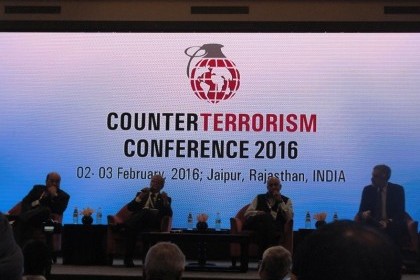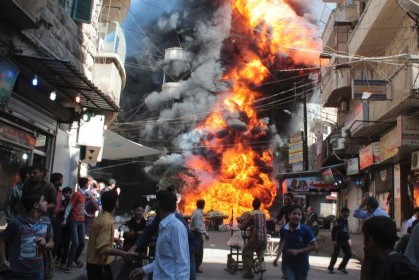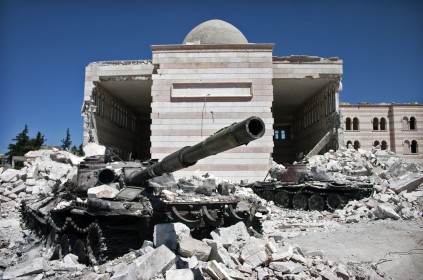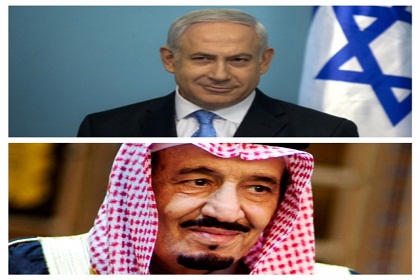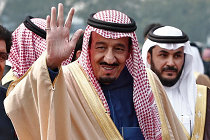Counter-terrorism, South East Asian style
At the recent counter-terrorism conference in Jaipur, a star-studded galaxy of policy makers, security analysts and law enforcement officials debated on tackling the Daesh threat. Some of the most positive steps to counter the terror propaganda came from South East Asia and India’s neighbourhood

